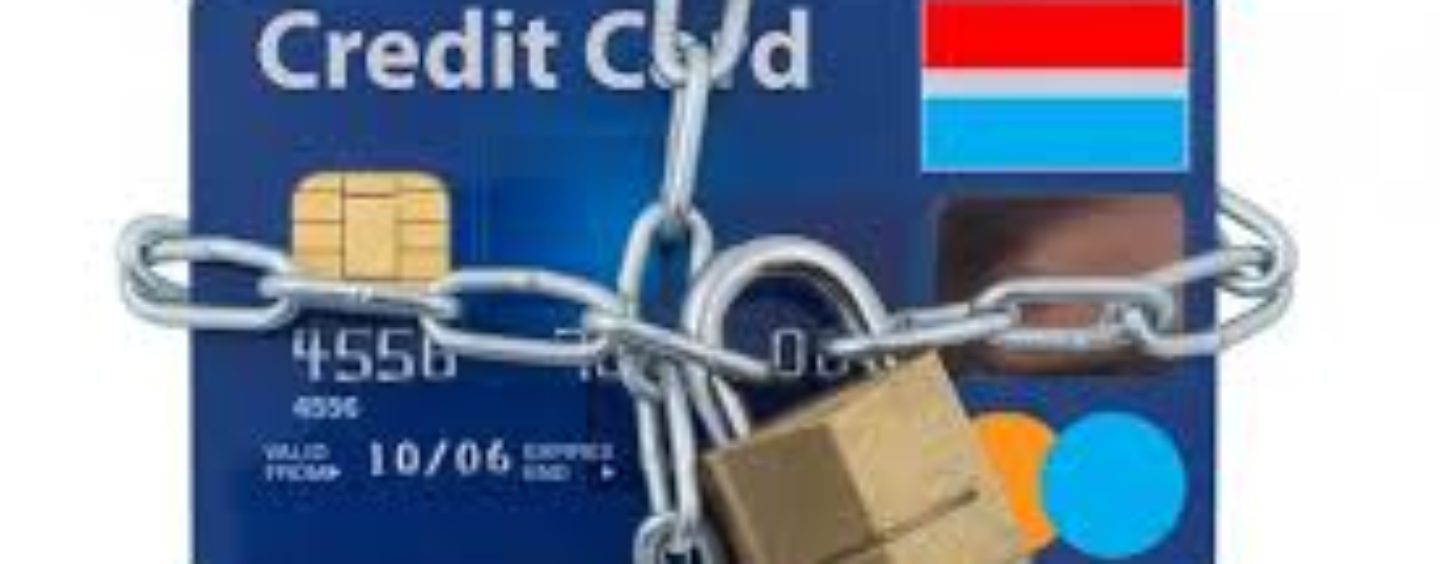Several credit cards offer a variety of security options to better protect your finances, one of these includes a security alert notifying you that someone might have stolen your credit card.
Whether you got the bad news via text, email or an old-fashioned phone call, word of potentially fraudulent behavior on your credit card seems to be one of the pernicious downsides of shopping in the modern world. Given the sophistication of credit card thieves, this reality will likely still be a part of your consumer life even as issuers and stores transition to “chip and PIN” cards — plastic that’s embedded with computer chips and requiring a pin to be entered upon purchase — over the rest of the year.
RELATED: Credit Card Chips Don’t Protect Against Fraud
Dealing with fraud alerts can be time-consuming, so you may be wondering if you have to respond to every single time, or whether your card company can just take care of the problem itself. After all, you’re shouldn’t be liable for charges that you didn’t actually make.
“You certainly have no obligation to respond to a credit card fraud alert or even a call from your credit card issuer’s fraud department,” says CreditSesame.com’s John Ulzheimer. “There’s nothing in your cardholder agreement mandating that you respond.”
Consequences Ahead
That said, not replying may have consequences. If you just ignore the messages, Ulzheimer says, “the issuer will likely disallow recent charges and suspend your credit line.”
One factor to consider: whether the charge is in fact fraudulent. “If the charge is legitimate, it’s not a bad idea to confirm that with your issuer,” says Credit.com’s Gerri Detweiler. “That helps them learn from your spending patterns and may help prevent them from flagging similar purchases in the future — or shutting down card use until you confirm you made the charge.”
And either way, if you want to keep using your card, you’ll probably need to check in.
RELATED: Reduce Credit Card Fraud in One Step
Each instance of fraud is different, and issuers react to various circumstances on a case-by-case basis, but generally your card company will want to address the situation with you before new charges can be applied. “We can’t require a card member to respond to an alert, but they may be at higher risk of disruptions until the account concern is resolved,” says American Express spokesperson Ashley Tufts. “If we reach out, and ask you for your help verifying or declining a charge, then yes, we would need a response in order to resolve the issue.”
If American Express determines that there has been fraud and a new card is necessary, the company would notify the card member, “but no action would be needed on their part. A new card would arrive, and they could activate it.”
Discover has a similar approach. “There are varying circumstances that could initiate a fraudulent alert, but typically, at Discover, if a charge prompts a fraud alert, that charge will be declined and the card will not be active until the card member responds,” per Discover’s policy.
RELATED: Fraudsters Use Breached Credit Cards on Apple Pay
Changing Cards
If your issuer finds that someone made unauthorized charges with your card, you’ll almost certainly not be allowed to keep it — which means you’ll have to go through the hassle of reworking all automatic payments tied to that card. But “many issuers will overnight a new card to you, especially if you’re a good customer,” says Ulzheimer, who once had a card replaced within 24 hours while he was on vacation.
Whether you have to respond to the alert or not, credit card experts will tell you to contact your issuer immediately to determine if fraud did in fact occur. After all, credit card issuers aren’t in the business of disrupting legal spending.
“In general the contact you receive is just an FYI, and they will reverse the charge and/or issue a new card if the account has been compromised, [letting you follow up] with written correspondence explaining the details,” says CreditCardForum.com’s Ben Woolsey. “However, when I’ve had this experience I’ve felt compelled to call the issuer just for peace of mind and to understand what happened.”
Now, we want to hear from you! Would like to share your opinion or make a comment on the Unlock Your Wealth Radio Show? If so, then please leave your comment or questions in the space provided below and share this article with your friends and family on Facebook and Twitter. Your comments or question could be chosen as our featured Money Question Monday and a phone call by financial expert Heather Wagenhals could dial your way to be live on the Unlock Your Wealth Radio Show.





